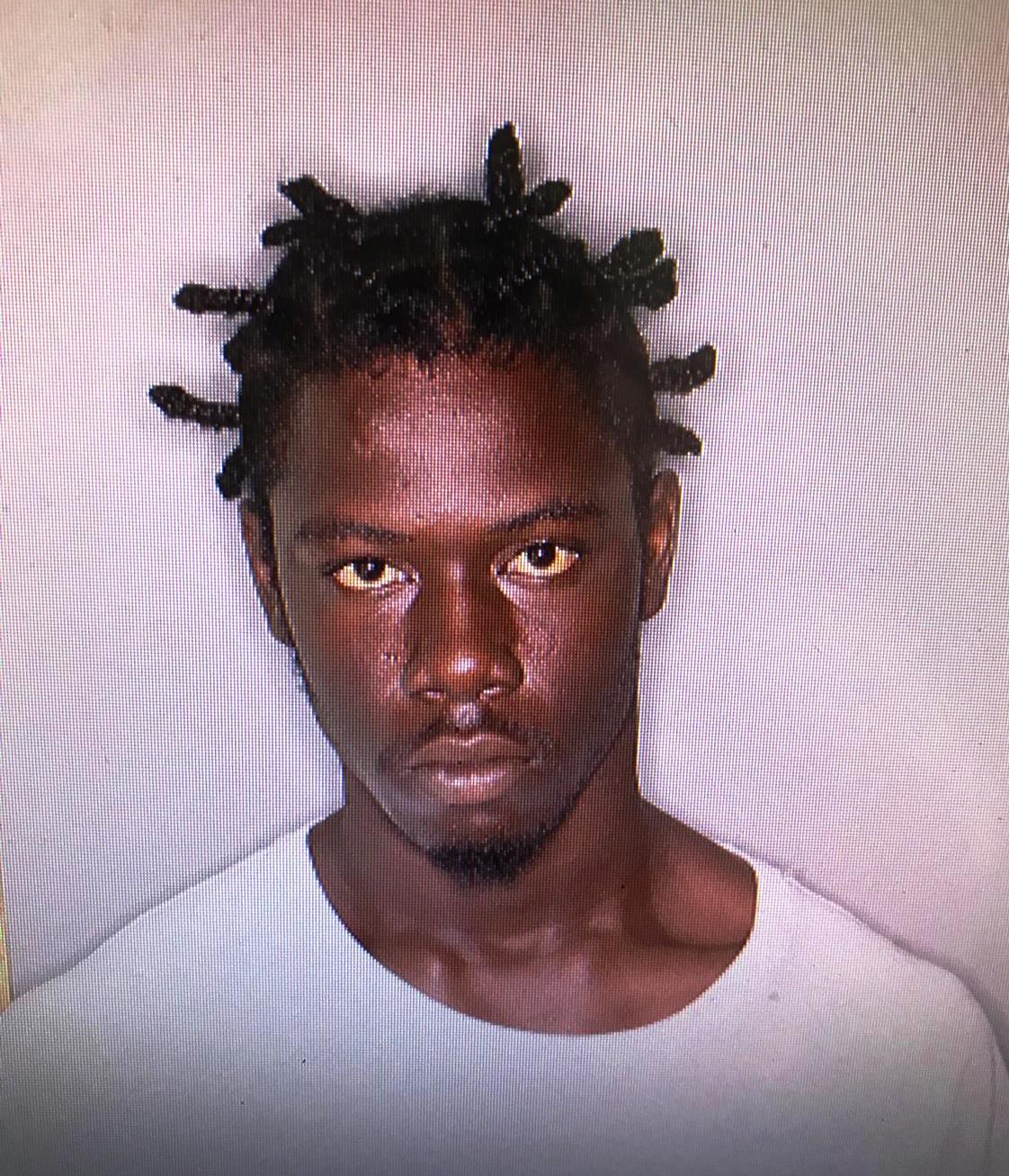Hull says OAS & UN’s charter on non-compliance prevents St. Kitts-Nevis from intervening in situation in Venezuela

St. Kitts and Nevis’ Permanent Representative to the Organisation of American States (OAS) Everson Hull spoke at length to the respect of a nation’s sovereignty with regards to Venezuela’s problems and how the undermining of that sovereignty leads to the disregard for international law.
During a press conference with the diplomatic and consular corps accredited to St. Kitts and Nevis on April 8 at the St. Kitts Marriott Resort as part of Diplomatic Week 2019 (April 7-12) under the theme “Securing a Resilient Future through Strategic Diplomacy and Effective Dialogue”, Hull affirmed that St. Kitts and Nevis’ position to abstain on a vote by the OAS to recognize the legitimacy of the presidency of Venezuelan President Nicolas Maduro was as a result of fully complying with the OAS and United Nation’s (UN) Charter on non- intervention.
“The position that St. Kitts and Nevis has taken is fully consistent with that which is taken by the Heads of the CARICOM group as well as both the United Nations Charter as well as the OAS Charter. The policy explicitly states that there must be no intervention in the affairs of a member state without the explicit request of that member,” Hull said.
He went on to say that, “If St. Kitts and Nevis is to intervene in the affairs of Venezuela that request must come from Venezuela. That has not happened and therefore we start off with that—the OAS being in violation of the principles of its own Charter, as well as the UN has the same principles, so therefore on that basis, we have abstained from voting rather than taking sides.”
Hull further added that “taking sides explicitly implies that if indeed we are not encouraging dialogue in this zone of peace that we created, the logical extension of this is going to war and no one of us within the region wants to have this especially in our tourist-centric region. So, it is an issue that continues to be troubling to us.”
He said that interim president Juan Guaidó has not been elected by anyone and logically speaking is disqualified from being a member of the OAS. Additionally, he said that the OAS Charter explicitly outlines, “that we should not place someone who has not been elected in a seat in the OAS unless that person has at first been reviewed by the foreign affairs ministers of the region and kicked up to the next level of the UN General Assembly.”
“None of that has occurred so as far as we’re concerned the proposal to place Juan Guaidó, the interim president, in the seat of the OAS is essentially an illegality. Voting in favour of that issue is essentially voting for an illegal action, which we will not do—so we are vigorously opposed to that,” said Hull, while pointing out that CARICOM is split on this decision, namely members such as Jamaica, the Bahamas, Haiti, and Saint Lucia, which he said remains very troubling.
“We’re hoping that if Saint Lucia holds strain and takes the position that CARICOM has taken, we believe that the resolution will not pass and the interim Juan Guaidó will not be placed in the OAS—so that is still up for grabs right now,” Hull said.
18 votes are needed from stopping the action going forward, the Permanent Representative to the OAS said.
Author Profile
Monika Walker is a senior journalist specializing in regional and international politics, offering in-depth analysis on governance, diplomacy, and key global developments. With a degree in International Journalism, she is dedicated to amplifying underrepresented voices through factual reporting. She also covers world news across every genre, providing readers with balanced and timely insights that connect the Caribbean to global conversations.








